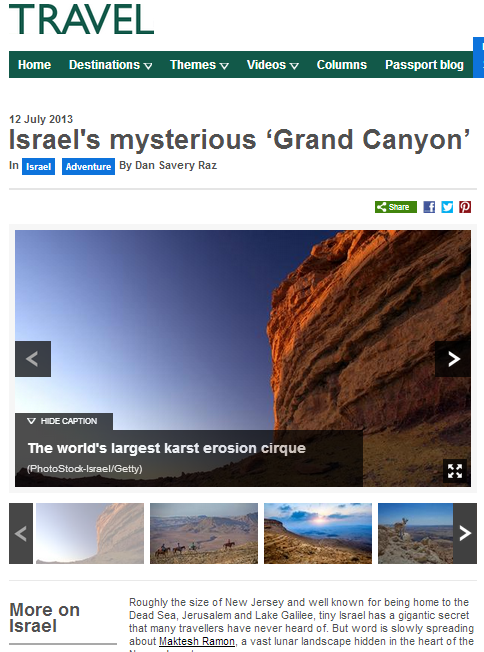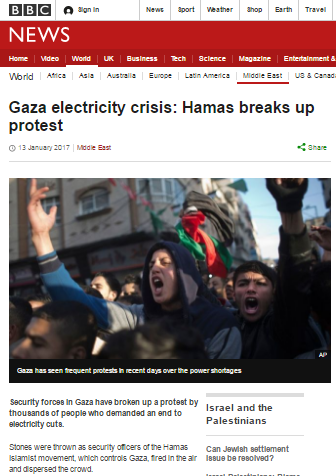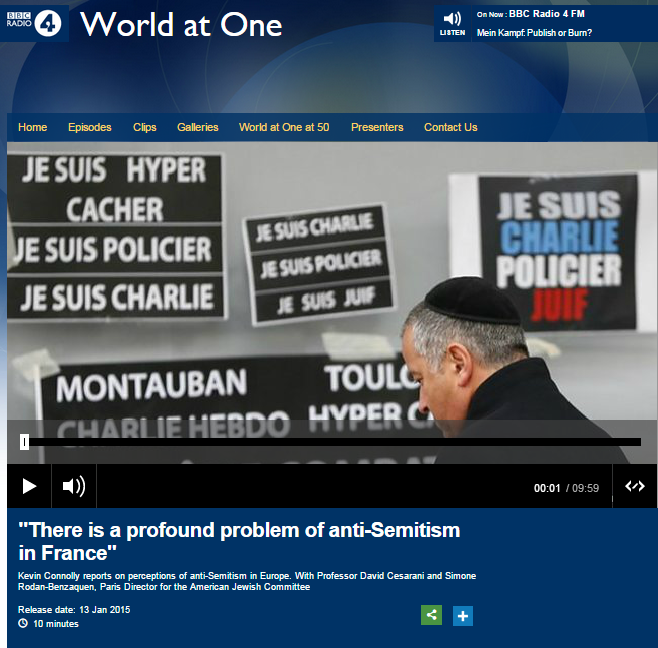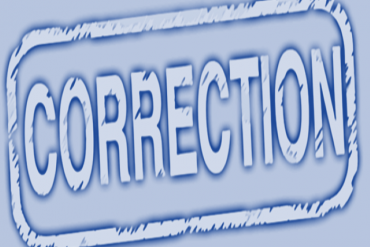When the BBC’s former Gaza correspondent Alan Johnston was kidnapped in Gaza City in 2007, another BBC journalist gave an interesting view of his job description.
“”It is his job to bring us day after day reports of the Palestinian predicament in the Gaza Strip,” said the BBC’s diplomatic correspondent, Paul Adams, himself a former Middle East reporter.” [emphasis added]
At the time, the BBC also reported the following statement:
“On Tuesday, Palestinian Information Minister Mustafa Barghouti said the government was making every effort it could to secure Mr Johnston’s release.
“We in the government are deeply sorry and ashamed that this kidnapping is ongoing, especially since he is a friend of our people and has done a lot for our cause.
“His kidnapping is detrimental to our nation and our national cause,” Mr Barghouti said.” [emphasis added]
Another member of the Barghouti clan had this to say:
“Imprisoned Palestinian leader Marwan Barghouti appealed Wednesday to the kidnappers of BBC journalist Alan Johnston to release him immediately, calling him a “friend” of the Palestinians. […] “From my cell, and in the name of 10,000 prisoners in the occupation jails, I appeal and call immediately for the release of journalist Alan Johnston, the friend of the Palestinian people,” Barghouti said in a statement sent to reporters.” [emphasis added]
Following his release in July 2007, Johnston spent several years broadcasting and reporting on issues unrelated to the Middle East but was later appointed to the post of BBC World Service Middle East editor. Although those following the BBC’s Israel related coverage have heard comparatively little from Johnston since that appointment came into effect some two years ago, that has changed in the last couple of weeks, with Johnston providing commentary on the latest flare-up of violence in Jerusalem and elsewhere.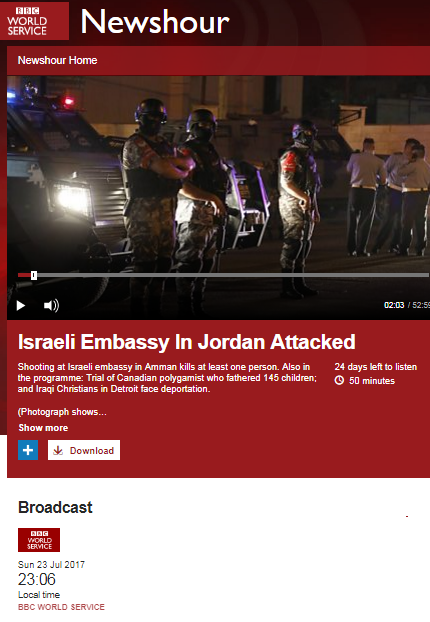
The lead story in the July 23rd late edition of the BBC World Service radio programme ‘Newshour‘ concerned the attack on a security official at the Israeli embassy in Amman (from 00:11 here). Presenter James Coomarasamy brought in “our Middle East analyst” Alan Johnston who had little news to bring listeners about the incident itself at that stage. However, Johnston went on to tell listeners:
Johnston: “Now, we have no more information; it’s just not clear what sparked this but in the absence of more concrete information, I think there is bound to be speculation – speculation – that this was an attack of some kind and that it was linked to the current tensions in Jerusalem. And as you know, Palestinians there have been angered by Israel’s introduction of new security measures at the holy site known to Muslims as the Haram al Sharif and to Jews as the Temple Mount.”
Coomarasamy: “What’s the latest about that particular controversy?”
Johnston then gave a noteworthy portrayal of the story that began on July 14th.
Johnston: “Well that controversy [sighs] began when there were two Israeli policemen killed in the vicinity of the holy site and the Israelis introduced metal detectors in the area.”
Remarkably, the BBC World Service’s senior “analyst” did not bother to inform listeners who murdered the two Israeli policemen or that the incident was a terror attack. Neither did he make any mention of the all-important fact that the terrorists used weapons smuggled into al Aqsa mosque by an accomplice – as shown in footage released by the Israeli police three days before this programme was aired. Although that footage is obviously crucial for understanding of the decision to install metal detectors, it has not been shown or described to BBC audiences on this or any other BBC platform. Johnston continued:
Johnston: “They [Israel] would argue that that’s a wholly legitimate security measure but of course Palestinians see this very, very differently. They see the arrival of the metal detectors as a sign of their Israeli occupiers seeking to gain more control over this crucially important, sensitive holy site.” [emphasis added]
Johnston did not bother to balance his uncritical amplification of the Palestinian narrative with factual information that would help listeners understand that Israel is responsible for security at the site and that the installation of metal detectors does not breach existing arrangements. Neither did he make any effort to tell listeners of the incitement and repeated calls for ‘days of rage’ by Palestinian leaders before he went on to promote equivalence between Palestinians killed while rioting and Israelis murdered by a terrorist while having a family dinner.
Johnston: “There’ve been protests, there’s been violence and there’s [sic] been deaths on both the Israeli and Palestinian side.”
After Johnston had noted the installation of CCTV security cameras at the site, Coomarasamy summed up his framing of the story as follows: [emphasis added]
Coomarasamy: “So it’s a case of popular frustration and anger. But what sort of impact is this having on a political and diplomatic level?”
Johnston: “Well this site is of such huge importance; it’s difficult to overstate that and everybody involved knows just how dangerous tensions there can become. They can rip across not just the Palestinian territories but the entire Muslim world.”
That of course is true – and it is precisely the reason why journalists reporting this story need to tell it in its entirety rather than editing out or downplaying Palestinian terrorism, incitement and pre-planned violence and rioting.
This is not however the first time that Johnston has done just that. Exactly two years ago when Palestinians rioted on Temple Mount, Johnston ‘explained’ to BBC audiences that Israel was to blame:
“…it’s more than just religious feeling that gives rise to scenes like this. Decades of Israeli occupation fuels an endless, simmering frustration among Palestinians and that always feeds into this kind of violence in Jerusalem.”
While reporting that promotes the notion of ‘frustrated’, ‘angered’ Palestinians devoid of any agency or responsibility for their actions while avoiding uncomfortable facts such as the racist hatred, incitement and glorification of terror regularly promoted by Palestinian leaders may be conducive to being lauded as a “friend of the Palestinian people”, it certainly does not serve the interests of the BBC’s funding public or meet the BBC’s obligations.
One would of course expect better from any BBC journalist – but in particular from one carrying the title BBC World Service Middle East editor.
Related Articles:
More misleading BBC reporting on Tisha B’Av Temple Mount rioting

